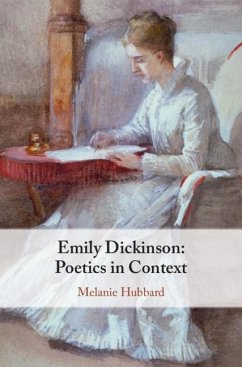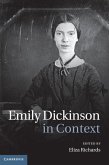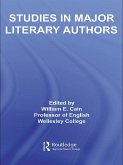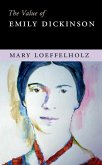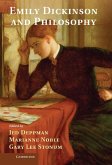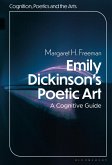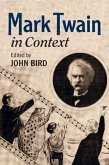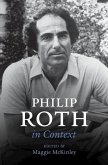This book re-assesses Dickinson's manuscripts, style, and statements to arrive at a historically appropriate conception of poetics. It compares her composition practices, such as variant generation and writing on already-marked scraps, with those of her peers in nineteenth-century American popular manuscript culture, tracing them to the pervasive influence of Scottish Common Sense philosophy, Hume's scepticism, and associationism in philosophy of mind and early neuroscience. The argument consults the archives and considers Dickinson's reading, in and out of school, in philosophy, rhetoric, and semiotic theory, as well as her training in inductive science and her familiarity with ideas about electricity, evolution, emotion, sympathy, and the brain. Combining close readings of poems with contextualizing information about contemporary conflicts in intellectual history, the book contends that Dickinson takes the making of poems to be her philosophical praxis. It depicts a Dickinson committed to thinking about the physical constitution of human consciousness and the historicity and materiality of one of its chief modes, language.
Dieser Download kann aus rechtlichen Gründen nur mit Rechnungsadresse in A, B, BG, CY, CZ, D, DK, EW, E, FIN, F, GR, HR, H, IRL, I, LT, L, LR, M, NL, PL, P, R, S, SLO, SK ausgeliefert werden.

